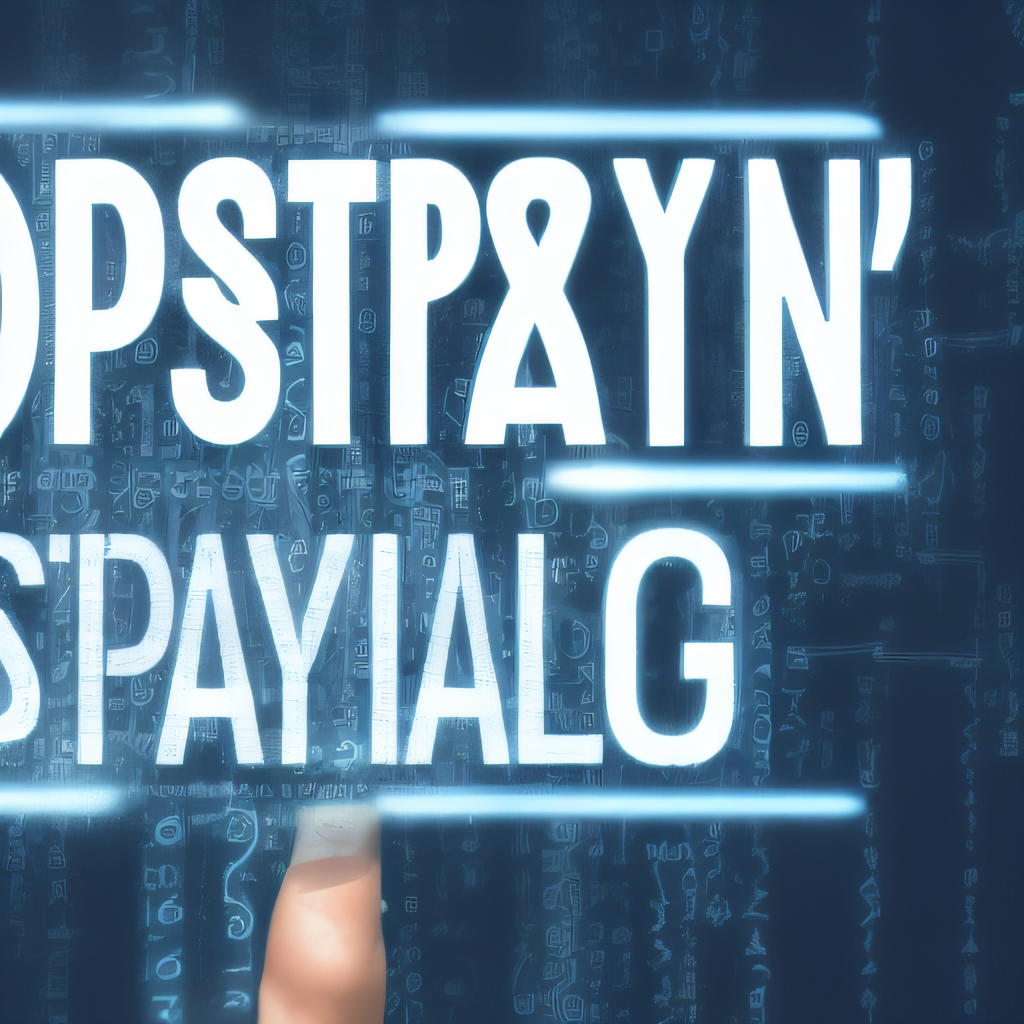I wanted to explain what’s at stake right now with the ecosystem of AI, and why I thought it was so important that I dropped everything to focus on consulting exclusively in this field.
Enshittification as strategy
I want to start by introducing a term coined by Corey Doctrow in this post: enshittification.
It describes the lifecycle of companies that begin by offering genuinely useful services to users (sometimes for free or subsidized costs). Eventually, when they have a large enough captive user base, they switch to selling access to that user base, making the original service much worse for the users.
First, they are good to their users; then they abuse their users to make things better for their business customers; finally, they abuse those business customers to claw back all the value for themselves. Then, they die. Corey Doctrow
In our economic system of maximizing quarterly returns over long-term investments, this process is inevitable. If you’re a business and you have a large audience, at some point market forces will demand you sell access to them (unless you’ve created a business model that incentivises you to avoid this). It’s not an ‘if’, but a ‘when’.
Too early and your users will leave for more ‘ethical’ competitors. Too late and you’re the schmucks leaving money on the table.
So, companies will inevitably sell access to their user base when they’ve won out over their competitors. As soon as there’s no more danger of users leaving, they can start catering to advertisers or other people wanting to influence their audience.
This is the basic pattern followed by news sites, blogs, Facebook, Youtube, Google search, Gmail… they all started off amazing, but degraded over time, shifting their services from the end user to the advertisers buying their attention.
In the context of AI
Now, let’s look at Bard, ChatGPT, Bing chat and the others. They’re all in the first stage. They’re all free and wonderful to the users, for now.
What happens, inevitably, when ChatGPT wants you to buy something? It won’t be as blatant as telling you to buy something… it knows how you speak, how you think, and can play the long game and wait until the moment is right. If it wants you to buy something, you will buy it.
Remember, this isn’t just speculative, this is required with our existing profit systems. It’s in the official playbook. Any for-profit entity that’s giving out a service for free can only do so as long as there’s fierce competition for users. The instant that stops, they need to move on to the next phase and monetize their user base, if for no reason than to recoup the costs it took on to get the users. It’s the rules. And when they do, it will be persuasion and sales at a personalized and intimate scale that we’re not psychologically equipped to fathom.
Open source to the rescue! (kinda)
How do we stop it? By keeping the competition permanent, by keeping the tech open. Right now, open source language models are getting ridiculously close to the performance of closed-source ones, enough that all the big players are truly worried.
They’ve even tried to pause AI development, in the hopes of catching up. I don’t think a slow-down will do anything other than potentially give the market time to accept the next stage of enshitification.
I firmly believe the only way out is to keep on supporting the open-source ecosystem that’s building better, cheaper, more accessible, more efficient models. That way, eventually, everyone can potentially host their own AI agent, whose workings are open and transparent (truly transparent) and can act in ways the individual can understand, control, and consent to.
This is why I’ve decided to focus exclusively on AI consulting.
I want to not only educate and advocate, but to sustain the open-source AI ecosystem. Whether I contribute through awareness, advocacy, time, financial donations, I think the most impactful thing I can do with my life right now is to make sure this technology will stay available and accessible to everyone who needs it, in ways that are immune from becoming coercive and manipulative of the end-user.
(What do I mean by ‘who needs it’? More in a future post!)
(image generated by Stable Diffusion, with immense irony)

